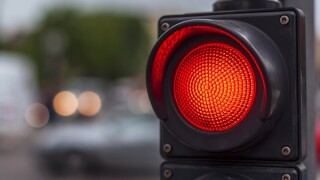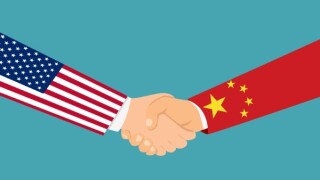AnJie Law Firm
Recently published Special Focus articles
Recently published Special Focus articles
-
Sponsored by AnJie Law FirmLi Wu of AnJie Law Firm explains how the administrative and judicial sectors are slowly embracing a more favourable stance towards the acceptance of post-filing supplementary data
-
Sponsored by AnJie Law FirmOn August 28 2020, the Chinese Supreme People's Court (SPC) granted the very first anti-suit injunction in the standard essential patent (SEP) royalty dispute case of Huawei v Conversant, which enjoined Conversant Wireless Licensing (Conversant) from seeking enforcement of the Dusseldorf regional court's injunction ruling against Huawei Technologies (Huawei). This case thus opened the door for Chinese courts to issue anti-suit injunctions (ASIs).
-
Sponsored by AnJie Law FirmBack at the end of April, the Committee of the Science and Technology Innovation Board at the Shanghai Stock Exchange announced that the meeting for reviewing the initial public offering (IPO) application of MEMSensing, a Chinese MEMS microphone sensor supplier, was cancelled due to an "emergence of significant matters." The "significant matters" they were referring to were 16 patent disputes brought by Goertek seeking both permanent injunctions and damages totalling over RMB 100 million ($14.5 million). Goertek and MEMSensing are competitors producing MEMS microphones, a key component in the smart speakers of Google, Amazon, Apple, Alibaba, and Xiaomi.
-
Sponsored by AnJie Law FirmOn January 15 2020, US President Donald Trump and Chinese vice-premier He Liu signed a trade agreement which President Trump has described as "the biggest deal anybody has ever seen." The deal promises to be the first phase of a larger new trade agreement between the US and China, announcing a significant de-escalation in the trade war between the two giants that has dragged along for more than one year. Of particular interest to those in the pharmaceutical industry will be Sections C and D of the first chapter of the trade agreement, which outline China's commitments to improve protection and enforcement of pharmaceutical-related patent rights, and in particular to creating an effective mechanism for early resolution of patent disputes between generic drug companies and pharmaceutical innovators, or a Chinese drug patent linkage system, as many may like to put it.
-
Sponsored by AnJie Law FirmIn the US-China Phase One trade deal signed on January 15 2020, notable agreements on patents mostly relate to pharmaceutical sectors – Articles 1.10, 1.11 and 1.12. It is possible that these articles may also have implications for other sectors, which remains to be seen in the subsequent implementation. In addition, the provisions on judicial enforcement and procedures should benefit all patent owners. More technical issues such as indirect infringement or changes to the judicial review of invalidation decisions are not addressed. This update provides a brief overview of these key changes.
-
Sponsored by AnJie Law FirmOn December 25 2019, the Supreme Court promulgated amendments of Several Provisions on Civil Evidence Rules (amendments). The amendments, which will come into effect on May 1 2020, have attracted lots of attention from IP practitioners. The rules are expected to improve the accuracy and standardisation of evidence production procedures and balance the burden of proof between litigants. Below are some highlights of the amendments.





